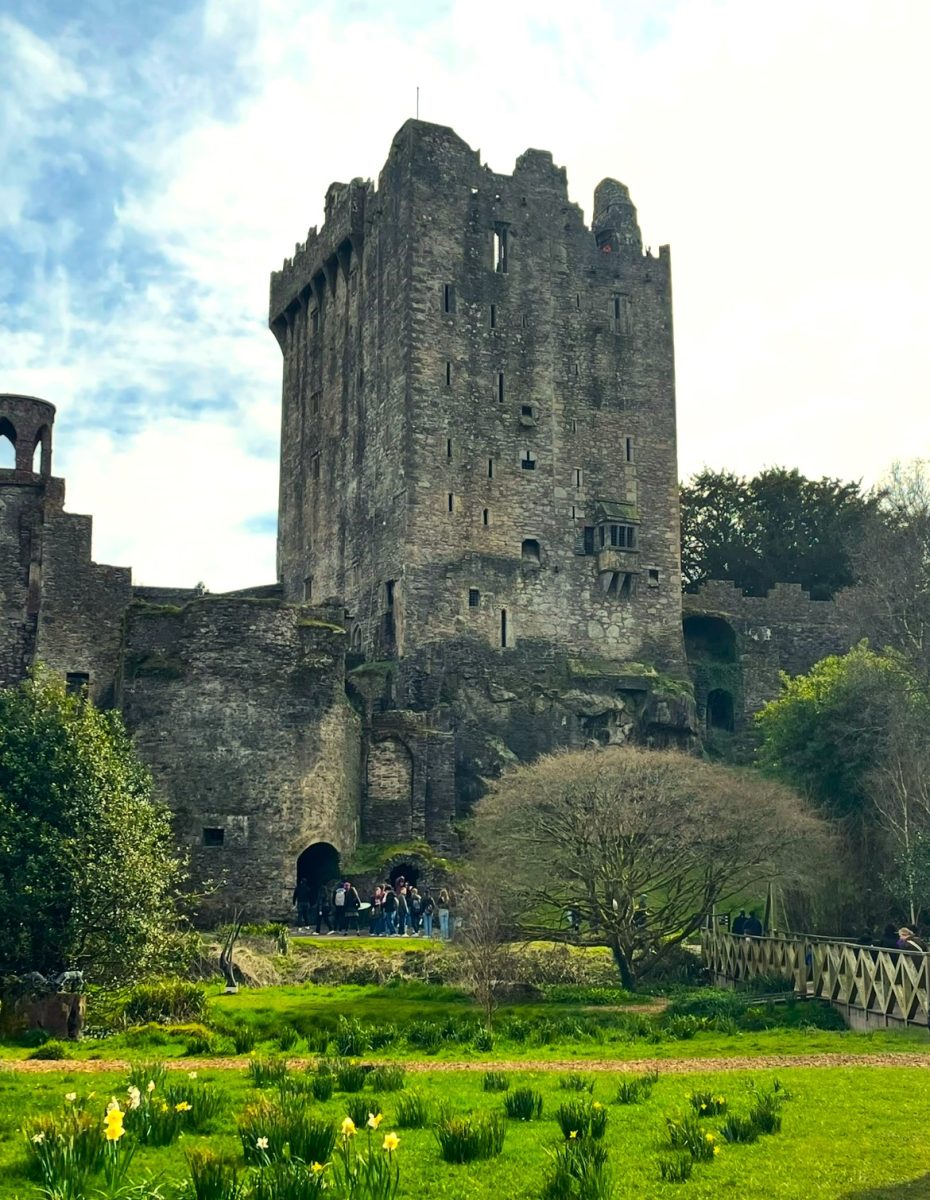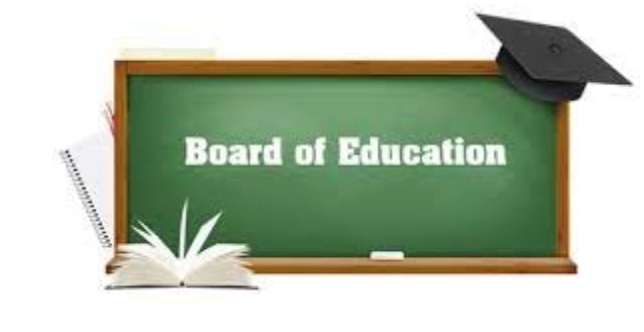Board of Education race presents six new candidates
Election for new LT BOE occurs on April 6
April 5, 2021
On April 6, voters in the area will have a unique situation when voting on the District 204 school board. Of the seven total seats on the board, five will be up for election, and one of those five will be for a two-year term. Jill Daniels, running unopposed, will automatically fill that seat and has declined to comment for this article. The remaining four spots will be up for election between the other six candidates running: Tim Albores, Dawn Aubert, Jill Grech, Ricardo Martinez, Julie Swinehart and incumbent Michael Thomas.
Tim Albores brings an educational background to the candidates through his previous experience as a school social worker and a school administrator at group homes, residential facilities and schools in rural, suburban and urban environments for over 20 years. His platform focuses on a safe return to full in-person learning, working to address the curriculum to find learning gaps the pandemic may have caused, and providing social-emotional support to students who have faced more challenges as a result of the pandemic.
“I think my social work experience gives me a good perspective on what kids need on the social-emotional component, and my administrative experience is important for a good, balanced board,” Albores said. “You need to have somebody on the board that can really know what it’s like in the trenches of the school system and be able to interpret the information you are getting from the building administration to be able to make sound decisions.”
Dawn Aubert served eight years on District 102’s school board and believes that her experience and knowledge of the inner workings of a school board will allow her to hit the ground running at LT, she said. Navigating out of COVID-19 and focusing on the decline in mental health and learning that may have arisen from online school are primary concerns, Aubert said. She is also looking to improve equity and belonging at LT by collaborating with feeder schools and finding ways to improve the current system.
“[After creating a plan to return in the fall] I think it’s about addressing the impacts that were caused by COVID-19,” Aubert said. “Everyone is predicting that the social-emotional mental health of students is a great concern and I suspect we may see some very different student needs in the fall as a result of COVID-19 that we need to be prepared to address.”
Jill Grech works on a communications team at Loyola University of Chicago where she deals with racial, equity and COVID-19 issues daily, which she feels will prepare her for solving these same problems at LT. She plans to develop a strategic plan for major issues the school is facing, which would be achieved by gathering input from the community to create goals that would be reached over many years. Grech is also focused on collaborating with the administration to make improvements to the current grading system to make it more consistent and hopefully improve the achievement gap at LT.
“Broadly, we need an overarching strategic plan, and I would expect equity and equitable learning environments to be in that plan,” Grech said. “It takes a couple of years, but helps align goals and develop tactics to achieve those goals. With input from key stakeholders, everybody has a voice in shaping the roadmap for our school.”
Ricardo Martinez, a Latino, looks to diversify the board by giving a perspective the board has previously lacked. Addressing the achievement gap and racial inequity would be the most pressing issues, Martinez said. He would hope to improve this with an increased focus on cultivating belonging within the district and giving students direct support. Another priority would be to improve air filtration at the school and jointly look to install air conditioning.
“I would suggest a data-centric solution to close the achievement gap, identifying headwinds that can make school more difficult for our students,” Martinez said. “[We should] quantify that with data and work with our feeder schools to collect that information so that we can recognize and identify [incoming] students who may need more support and current students who need more supports.”
Julie Swinehart has both financial and leadership experience through her career in finance and role on the Avery Coonley school board, as well as through formerly serving as president and treasurer of the LaGrange Field Club. A primary concern of Swinehart’s is a safe and full return to school, with stressed importance on communication to families to ensure that all students are met with the support they need. She also wants to address the achievement gap by focusing on younger grades to reach a possible solution.
“I’d like to partner more with either [the feeder schools] or the school boards to understand how they’re looking at the [achievement gap] and what successes they’ve had,” Swinehart said. “And [I’d like to] start to peel it back a little bit to see what supports and what services we might be able to suggest or offer at the younger grades or even to just learn more about perspective.”
Michael Thomas, the only incumbent running, has been serving for less than a year but believes that this real-time experience he has gained will give him a broader perspective on issues. Thomas is committed to a full reopening of in-person instruction and assembling a task force with input from parents, students and faculty to find the best strategy to navigate out of the pandemic. The achievement gap would be addressed with a plan for the future and by working with the community to find what has worked best in other schools, he said.
“I have worked collaboratively to add further insight with the reopening and with the pandemic and how we’re responding to it,” Thomas said. “I have opened up eyes about the need for surveillance testing and that stronger consideration should be given [to it], so I think that I’ve raised that consciousness further here while I’ve been on the board. Then I’ve also helped to further look at different ways we should be expanding on our equity work and have had those discussions and continue to do so.”





















![Movie poster for '[Rec]" (2007).](https://www.lionnewspaper.com/wp-content/uploads/2023/04/rec-640x900.jpg)



